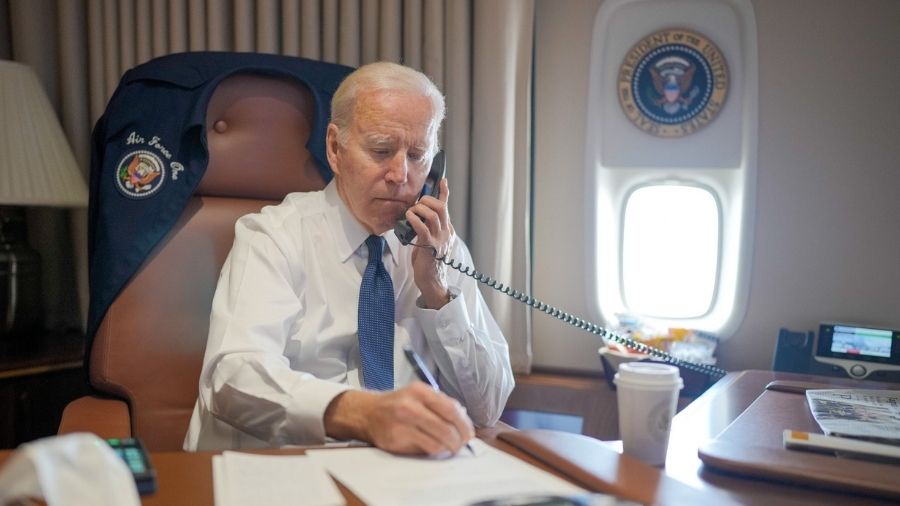US President Joe Biden told allies “we have to stay together” against Russia, as world leaders met on Sunday at a G7 summit in the Bavarian Alps that will be dominated by war in Ukraine and its painful impact on food and energy supplies across the globe.
At the start of the meeting, four members of the Group of Seven rich nations moved to ban imports of Russian gold as part of efforts to tighten the sanctions squeeze on Moscow and cut off its means of financing the invasion of Ukraine.
However, it was not immediately clear whether there was consensus on the move, with European Council president Charles Michel saying the issue would need to be handled carefully or risk backfiring.
Western countries rallied around Kyiv when Russia invaded Ukraine in February, but more than four months into the war, that unity is being tested as soaring inflation and energy shortages rebound on their own citizens.
Chided by Ukraine for not going far enough to punish Russia, G7 leaders were also having “really constructive” talks on a possible price cap on Russian oil imports, a German government source said earlier.
Biden thanked German Chancellor Olaf Scholz for showing leadership on Ukraine and said Russian President Vladimir Putin had failed to break their unity. Scholz has faced criticism at home and abroad of his handling of Russia’s invasion of Ukraine.
“We can get through all of this and come out stronger,” Biden said. “Because Putin has been counting on it from the beginning that somehow the Nato and the G7 would splinter. But we haven’t and we’re not going to.”
Britain said the ban on Russian gold imports was aimed at wealthy Russians who have been buying safe-haven bullion to reduce the financial impact of Western sanctions. Russian gold exports were worth $15.45 billion last year.
Britain, the US, Canada and Japan will ban Russian gold imports. France also supported the move.
On the oil price cap and on the gold import ban, Michel said the issue would need to be discussed further. “I’m careful and cautious,” he said. “We are ready to take a decision together with our partners, but we want to make sure that what we decide will have a negative effect (on Russia) and not a negative effect for ourselves.”











